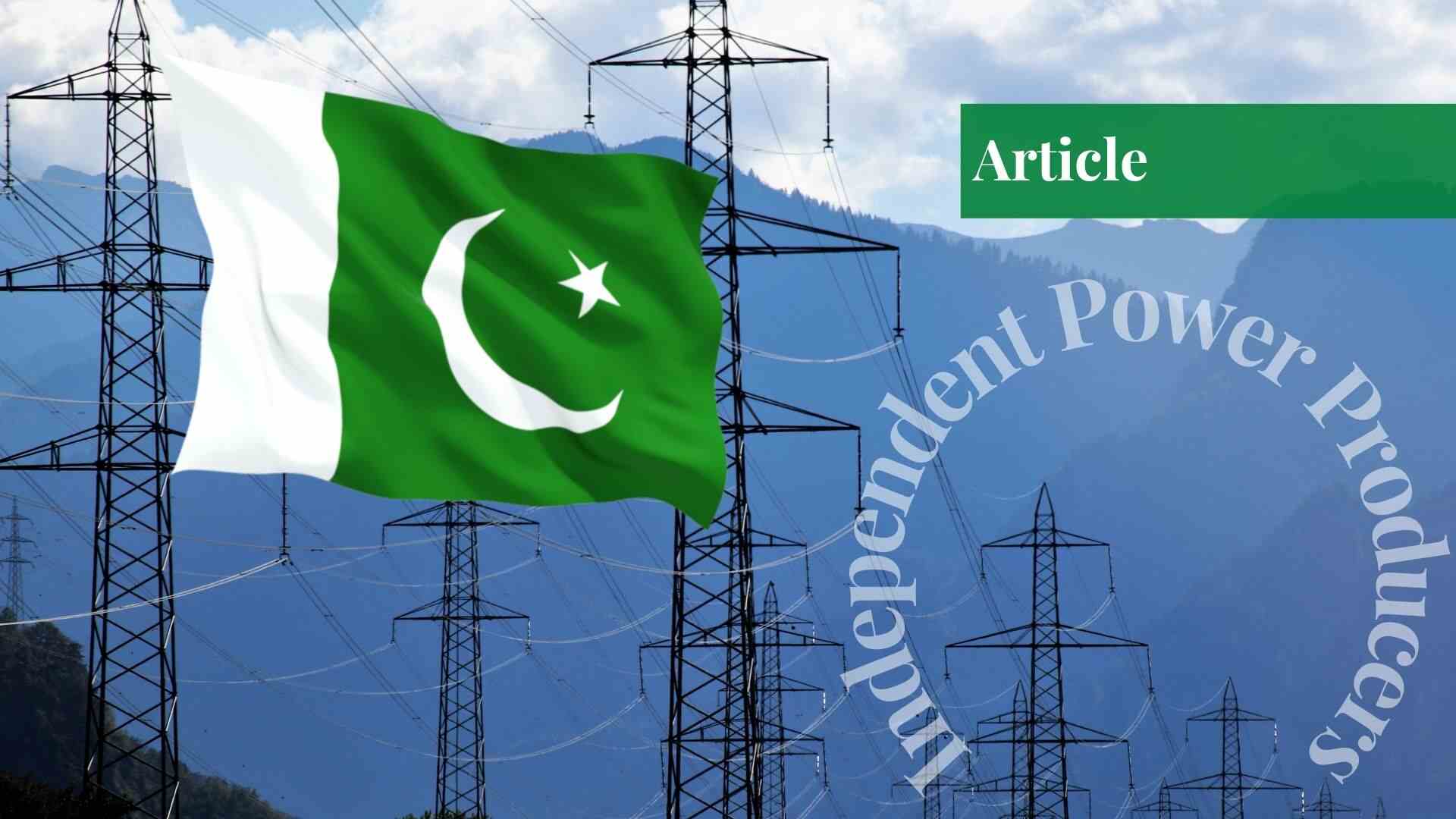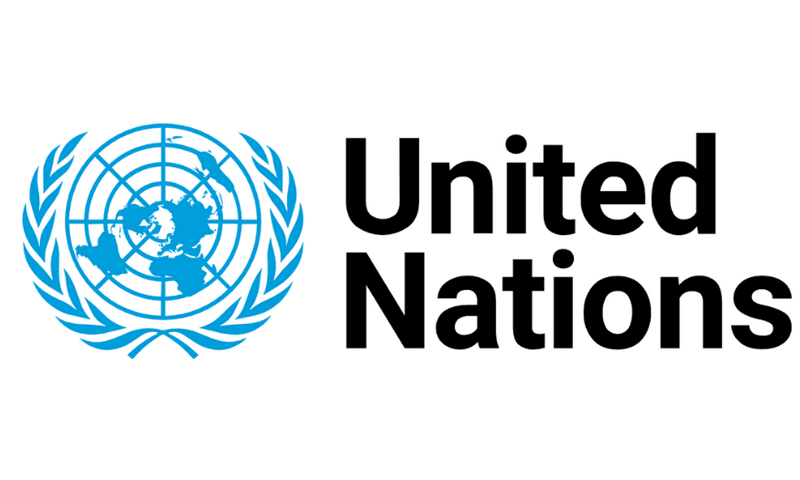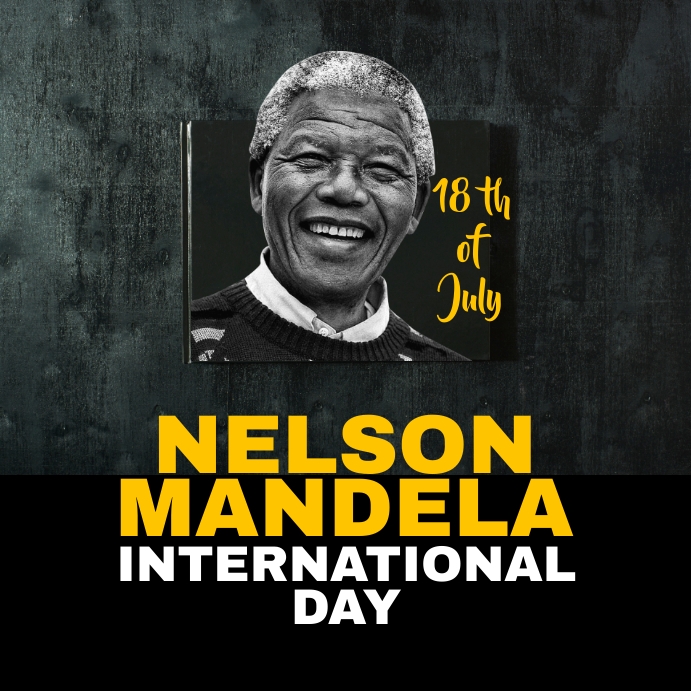Tahir Maqsood Chheena
Democracy, at its core, is about the power remaining with the people. It’s a system where citizens, through their voters and elected representatives, have a say in how the country is governed. This principle of representation and reflecting the will of the people is paramount, even if it sometimes clashes with technical legal interpretations. Here’s why prioritizing the democratic spirit over technicalities is crucial for a healthy democracy.
In a democracy, the government derives its legitimacy from the consent of the governed. This consent is expressed through elections, where citizens choose representatives who best reflect their views and concerns. When technicalities prevent the will of the people from being represented, it undermines the very foundation of democratic legitimacy. Citizens may feel alienated and question the government’s authority if their voices are not heard or reflected in the legislative process.
Democracy thrives on inclusivity and participation. It’s about ensuring that all segments of society have a chance to be heard and represented. When technicalities become a barrier to participation, it disenfranchises certain groups and hinders the diversity of voices within the government. This can lead to policies that do not address the needs of the entire population, creating a sense of injustice and dissatisfaction.
Democracy is messy by nature. It involves debate, compromise, and finding common ground. While legal frameworks are important, a rigid adherence to technicalities at the expense of the democratic spirit can stifle this essential process. A truly democratic system should strive to find solutions that balance legal requirements with the will of the people. This can be achieved through open dialogue, negotiation, and exploring alternative interpretations of the law that uphold both democratic principles and legal frameworks.
Technicalities are often black and white, but the real world is filled with shades of gray. In the case of the ECP’s decision, the SIC may have made a technical error, but their claim for reserved seats stemmed from a legitimate mandate given to them by voters. Evaluating such situations requires considering the context and the potential impact on the democratic process. Sticking to technicalities without considering the broader context undermines the spirit of democracy.
Democratic systems are constantly evolving, and past experiences offer valuable lessons. Examining past precedents, such as the Balochistan Awami Party case, helps identify inconsistencies in the application of legal principles. This allows for course correction and ensures that technicalities are not used to manipulate the democratic process.
In conclusion, while technical legal interpretations are important in a democracy, they should not come at the cost of the democratic spirit. Prioritizing the will of the people and ensuring fair representation are fundamental aspects of a healthy democracy. Striking a balance between legal frameworks and inclusivity allows for a more legitimate, representative, and ultimately, a stronger democracy.
Critical Evaluation of the Decision of ECP on Reserved Seats:
The recent decision by Pakistan’s Election Commission of Pakistan (ECP) to deny the Sunni Ittehad Council (SIC) a share of the special seats reserved for women and minorities has ignited a firestorm of debate. This choice, rooted in legal technicalities, has far-reaching implications for representation and democratic principles in Pakistan. Let’s dissect the intricacies of this decision and explore the concerns it raises.
Setting the Stage: The SIC’s Claim and the ECP’s Response
The SIC emerged as a new political entity after the February 8th elections. It consists of PTI-affiliated lawmakers who won as independent candidates. This new party sought a portion of the reserved seats allocated for women and minorities. However, the ECP rejected their claim. Their reasoning hinged on “non-curable legal defects” identified in the SIC’s application. The ECP pointed to the mandatory requirement for parties to submit a separate list of candidates for reserved seats, which the SIC reportedly failed to do. In essence, the ECP emphasizes strict adherence to legal procedures and established norms.
Disappointment and Controversy: A Question of Fairness
The ECP’s decision has left many citizens questioning the very fairness of the electoral process. While a technical justification exists, there was a hope that democratic ideals of inclusion and representation would take precedence. By denying the SIC a share of the reserved seats, the ECP has inadvertently raised concerns about who gets a voice at the table and how diverse perspectives are represented in Pakistan’s legislative bodies.
Fueling the Fire: Allocation to Other Parties and Incomplete Assemblies
Adding fuel to the controversy, the ECP allocated the reserved seats originally sought by the SIC to other political parties. This move has been met with accusations of undermining the potential for fair representation. Furthermore, by asserting that “the seats in the National Assembly shall not remain vacant,” the ECP implicitly acknowledged the existence of incomplete legislatures. This implies that the National Assembly and three provincial assemblies (except Balochistan) may have been operating with incomplete representation while electing key officeholders.
Impact on Representation: A Loss of Diverse Voices
Media reports indicate that the SIC’s loss translates to a significant number of unclaimed seats – a staggering 77 seats across the national and provincial assemblies. This decision has a profound impact on the representation of diverse voices and perspectives in Pakistan’s lawmaking bodies. With a significant chunk of reserved seats going unfilled, the concerns about inclusivity and ensuring representation for marginalized groups are magnified.
Past Precedent and a Call for Balance
Critics of the ECP’s decision point to past precedents that seem to contradict the current stance. They highlight the example of the Balochistan Awami Party, which was granted a reserved women’s seat despite not contesting the first post-merger polls in the former FATA region. Additionally, a 2018 ruling by the Lahore High Court established that a political party’s share of reserved seats is non-transferable. These instances raise questions about the consistency of the ECP’s application of legal principles.
The Road Ahead: Balancing Technicalities and Democratic Spirit
While the ECP has its own rationale for the decision, it has undoubtedly reignited a debate about striking a balance between legal technicalities and the spirit of democracy. As Pakistan continues on its democratic journey, finding a harmonious equilibrium between adhering to legal procedures and ensuring fair representation for all segments of society is crucial. The long-term impact of this decision on governance and the representation of marginalized groups will need to be carefully assessed and addressed in the future.
Please, subscribe to the YouTube channel of republicpolicy.com

















































